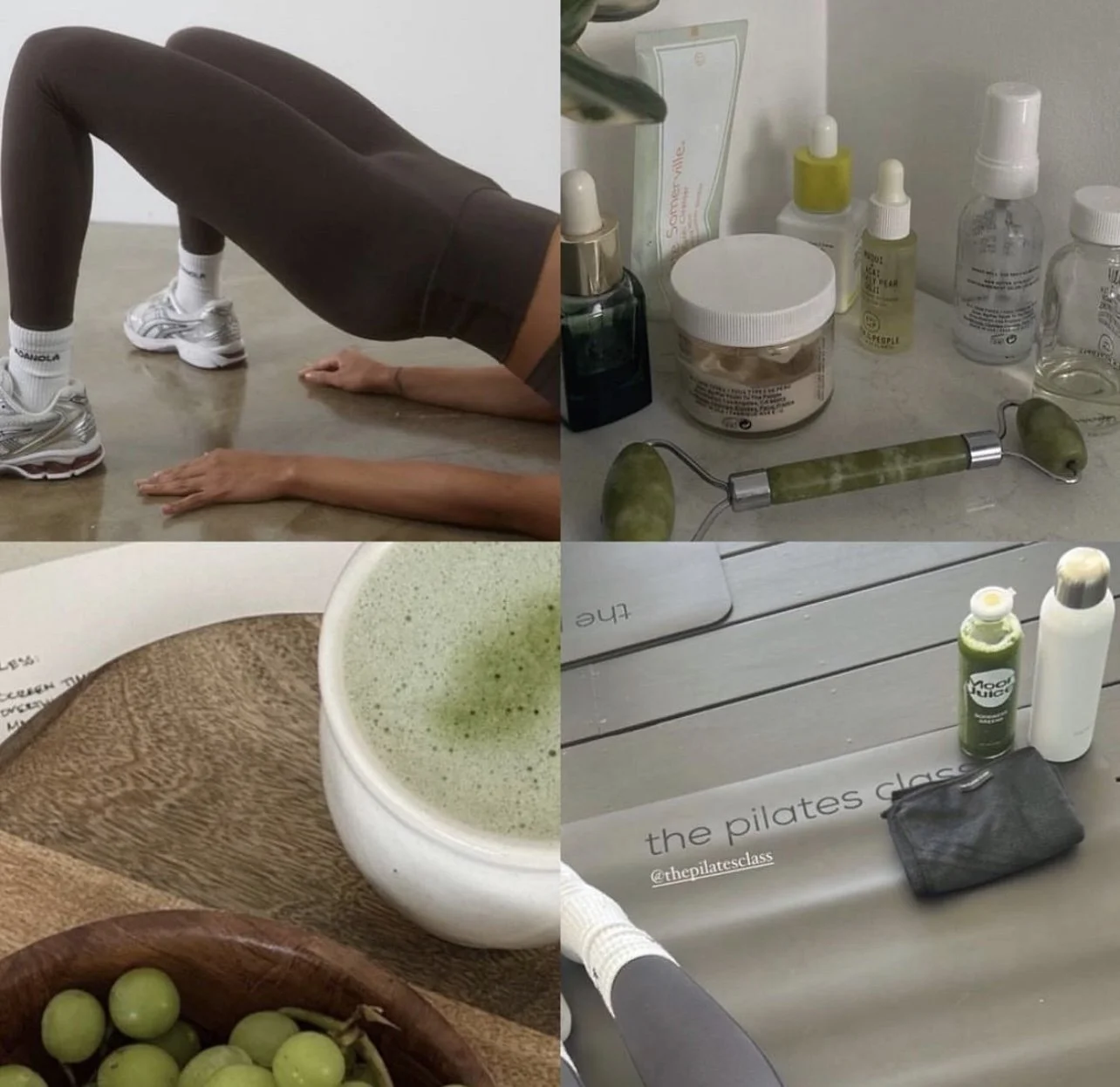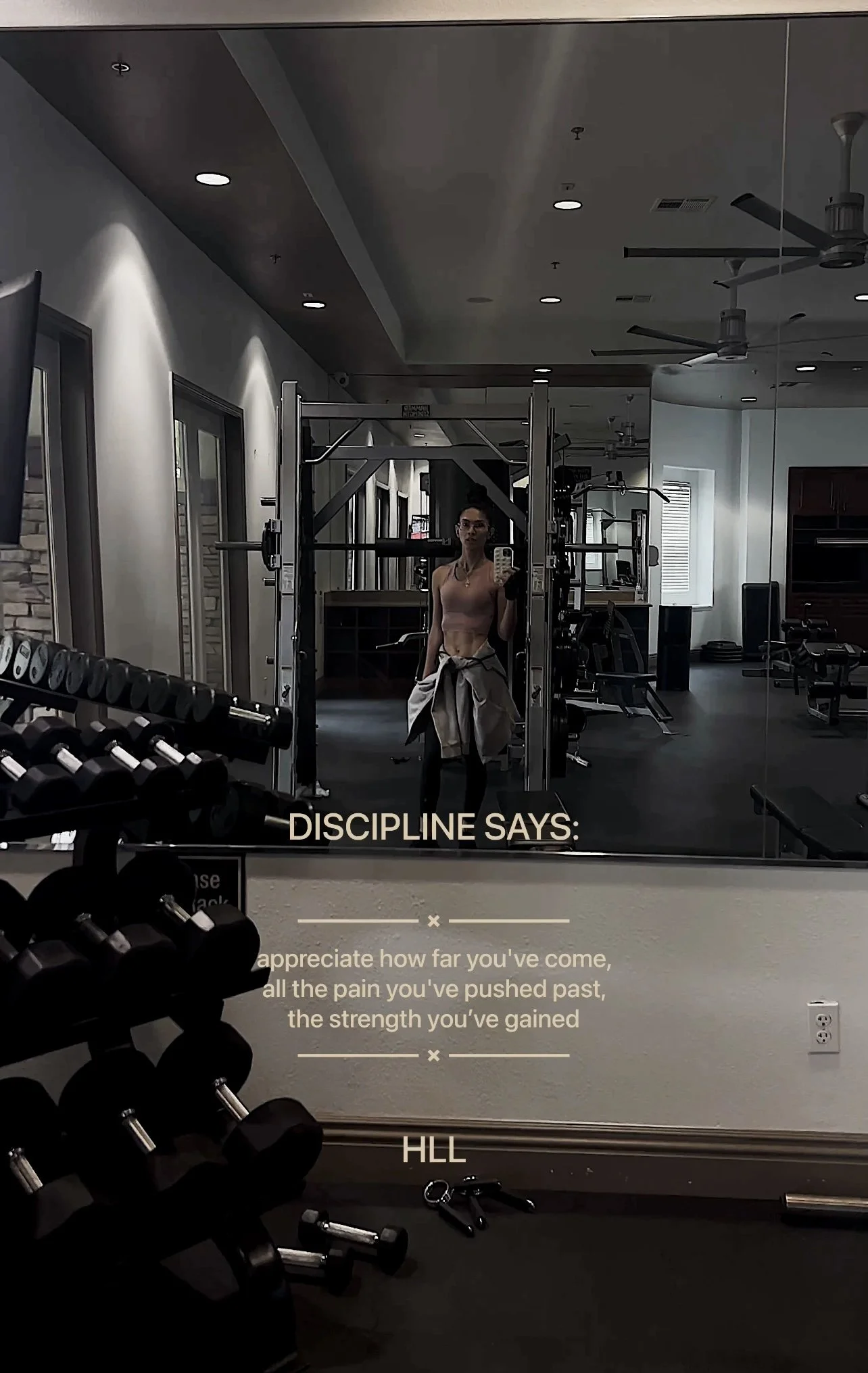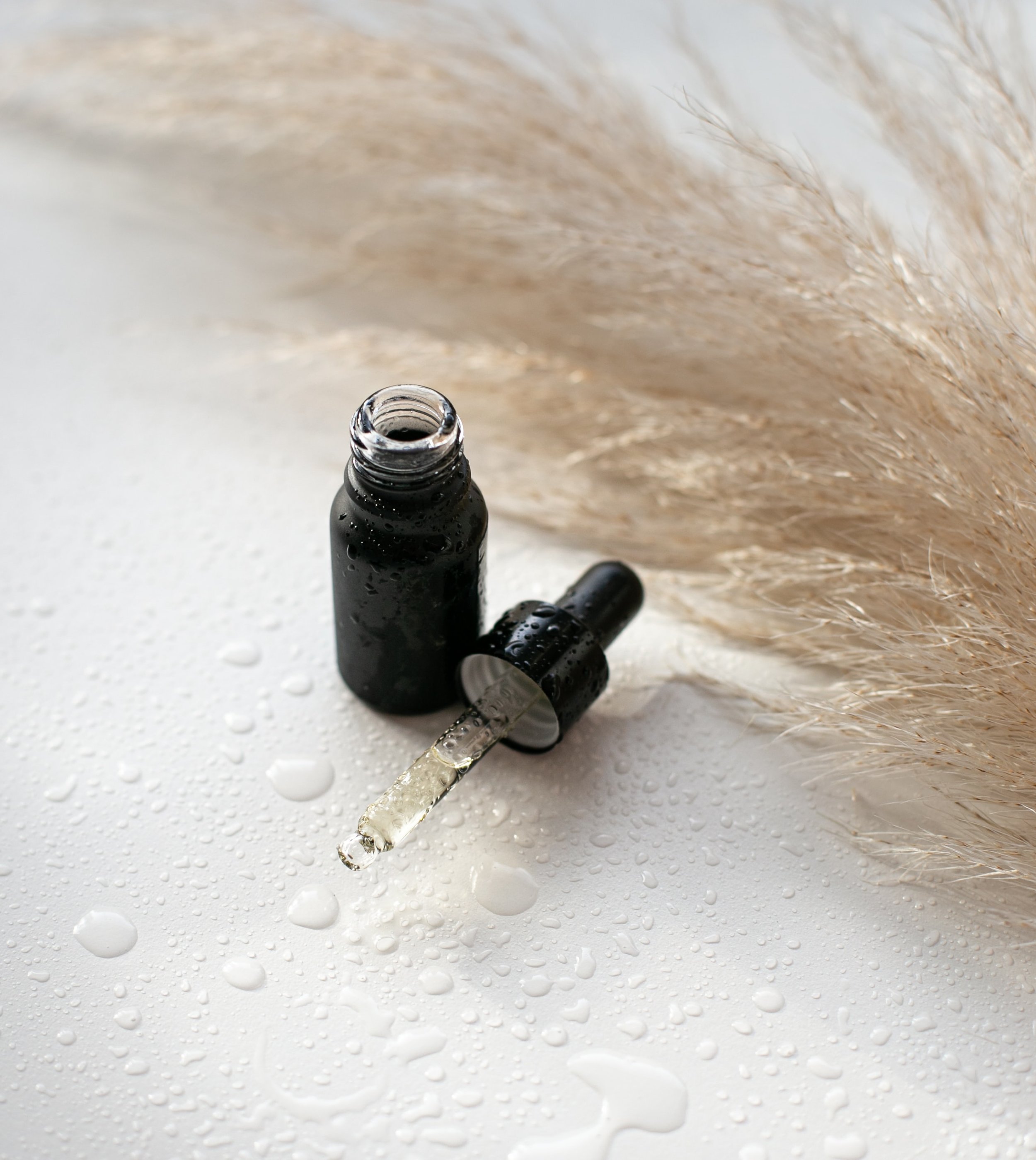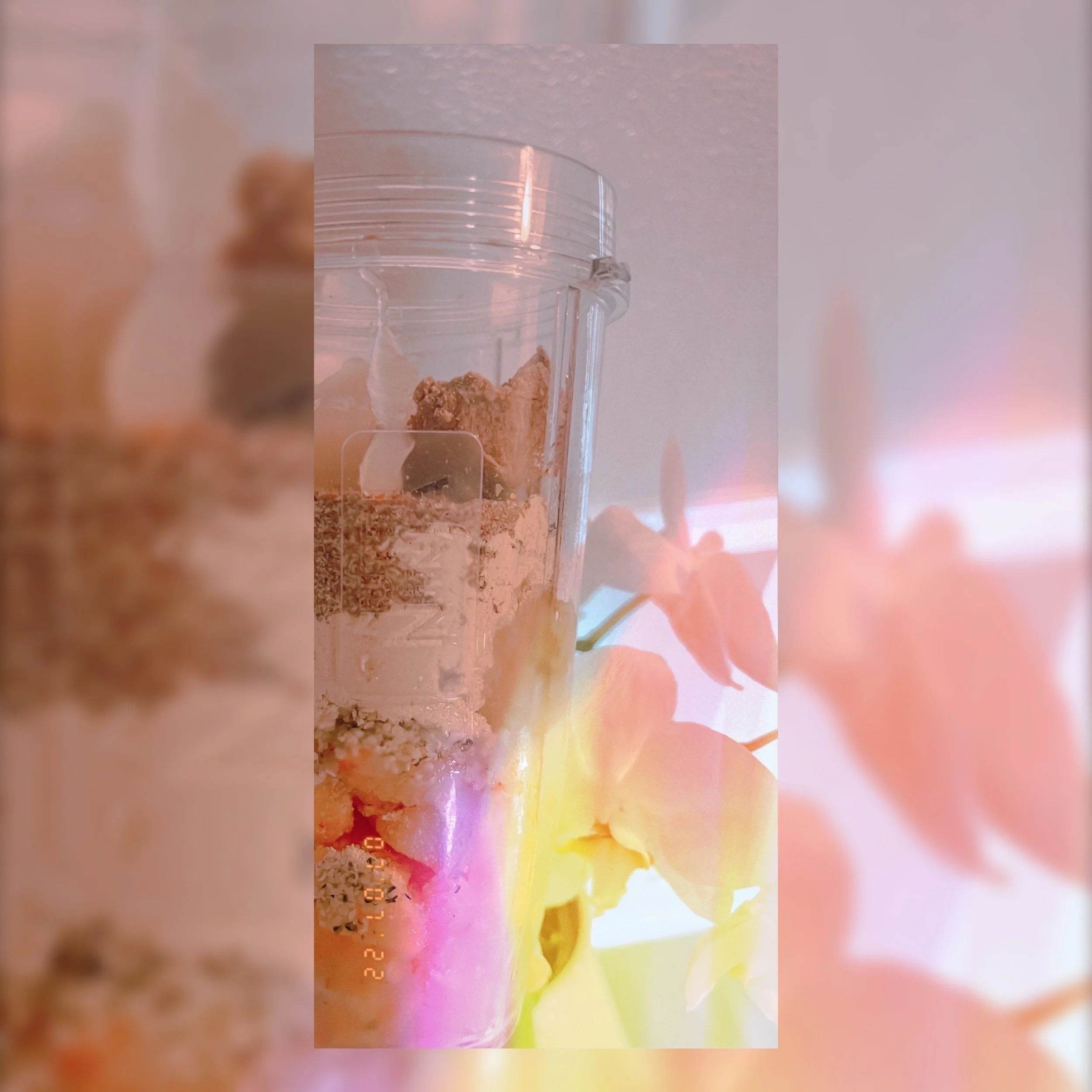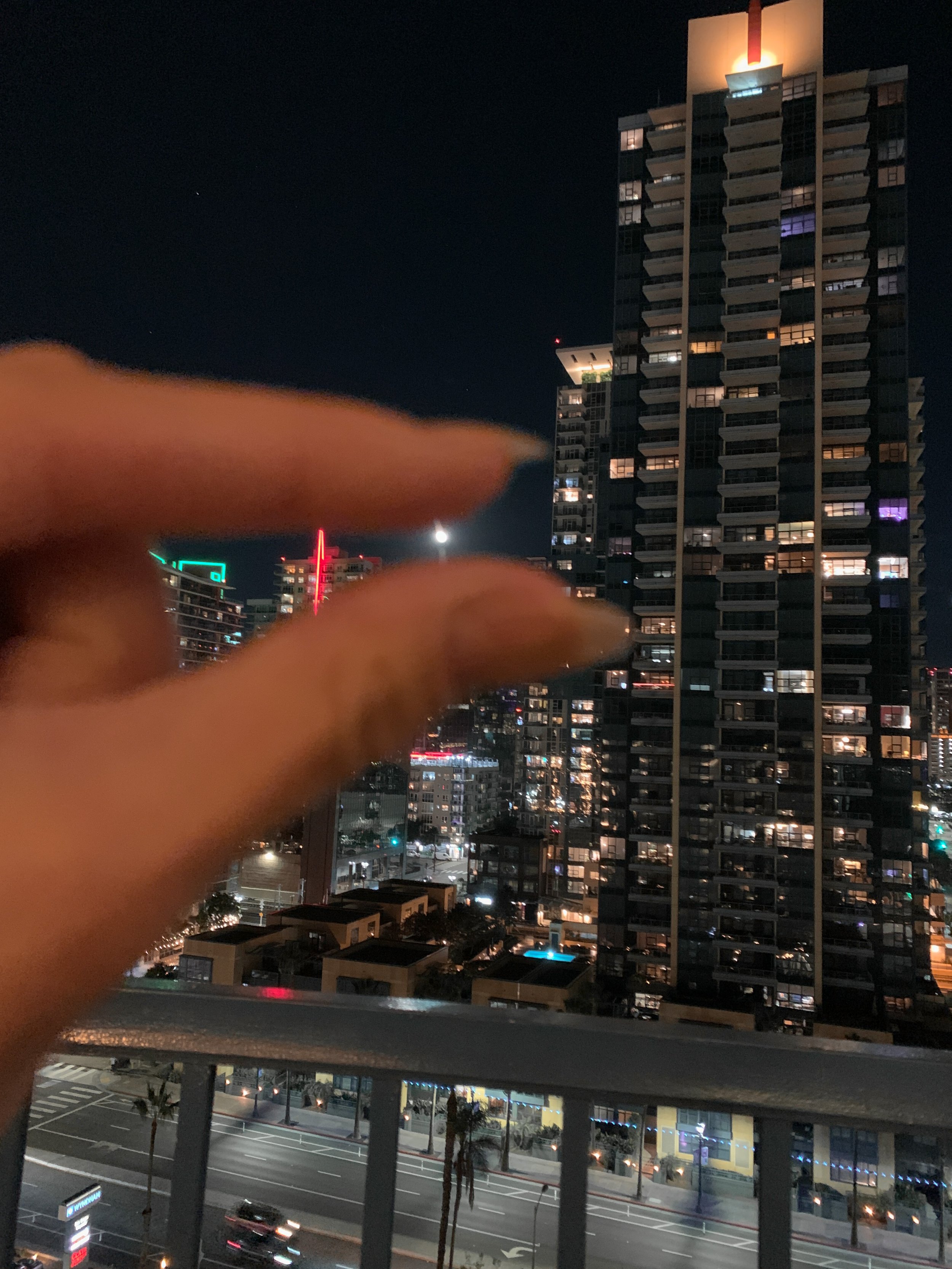At the end of the day, no one enjoys stress. Chances are, you already know some of the negative effects that it can cause on your health. Stress can make you lose sleep, not want to eat, or eat too much, and it can even damage relationships. The presence of stress in your life may even cause you to look for treatments like rejuvenating your body to actively resolve it.
The truth is, that stress is not something that anyone enjoys. This is why it is so important to live a life where you are preventing chronic stress from appearing in your life and working toward reducing stress to maintain a well-balanced life.
In this article, we will discuss what you can expect to happen when stress affects your health and a healthy approach to preventing it from appearing in your life.
No. 1
Frequent Headaches
Stress is a natural reaction to life’s events. It can be a precursor for beneficial outcomes, resulting in us meeting challenges and adapting to changes. As such, stress can cause undesirable effects such as headaches and migraines.
While it is true that no one enjoys a headache, when you are stressed out, you can expect the headaches to become even more frequent. Experiencing a headache caused by stress will ultimately prevent you from accomplishing tasks, which will cause your stress to worsen. This creates an endless cycle that soon begins to affect other areas of your life if left untreated.
No. 2
Neglect in Health
While stress will eventually affect your health, you may reach a point where you are unintentionally damaging your health even further by neglecting to address it. For example, the task of finding the proper tooth alignment specialist might be causing you stress. In turn, you may smile less, which could lead to a less overall positive approach to life’s experiences.
Alternatively, if you are stressed about your body weight, you might stop eating, which may affect your mind and body and have far-reaching outcomes. For instance, you will not think or focus as clearly because stress can cloud your judgment and actions.
When it comes to neglecting your health, you should ask yourself why this is the case. Perhaps you need to look at substance use disorders and whether something like this is what is causing the stress in your life, for example.
No. 3
Fluctuations in Weight
Some people may gain weight when they are stressed, while others will lose weight. Generally speaking, when you are stressed, your body releases hormones like cortisol that increase blood sugar levels. This in turn causes high blood sugar, which can lead to obesity.
While hormones are a leading cause of stress, your eating habits will affect your stress levels more. Typically, it is common for people to have a change in eating habits when they are stressed; whether it is eating more or eating less, or a change in exercise habits, too much weight gain or weight loss (especially if it is rapid) will negatively affect your metabolism.
Everybody at one point experiences fluctuations in weight, but there’s a lot you can do to keep it under control. Whether you look at the best nmn brands and start your fitness journey or just opt for a brisk walk every day, there are options to explore that can help you fight stress and the consequences thereof.
No. 4
Anxiety arises
To a large degree, you can not control many of life’s stressful situations that happen daily; things such as work piling up, people treating you awful, unexpected financial obligations, and so on. Being that you can not control many of life’s situations, it is normal to feel stressed. The important thing to keep in mind, however, is that stress can eventually manifest itself into anxiety—something far worse.
Anxiety is intense, and it can impact your mental and physical health more than stress can. The truth is, that anxiety will affect your health negatively no matter how you look at it, so prevention is necessary to avoid it from showing up in your life as a result of chronic stress.
If your anxiety stems from an accident that wasn’t your fault, having an injury lawyer can provide invaluable support. Their expertise in handling legal matters allows them to take on the complexities of your case, alleviating the burden of navigating the legal system alone. By taking charge of negotiations, gathering evidence, and advocating for your rights, they offer a sense of reassurance and empowerment.
Additionally, their guidance helps clarify uncertainties surrounding the legal process, offering clarity and peace of mind. Knowing that a skilled professional is working diligently on your behalf can significantly diminish anxiety, allowing you to focus on your recovery and well-being with greater confidence and stability.
Takeaways
While it can feel impossible, keeping stress under control will prevent you from experiencing negative effects that result from it being left unresolved. An effective approach toward addressing stress in your life is to first understand that it is the result of an underlying cause that generally is outside of your control.
Stress can eventually cause health problems to manifest, so it is equally important to set active measures in place to prevent and manage stress from frequently appearing in your life.


